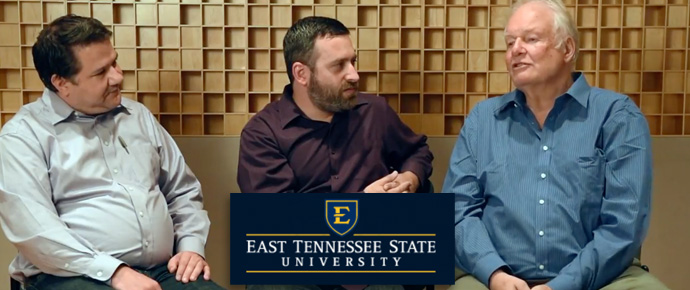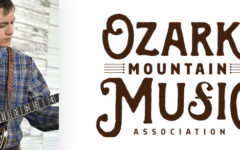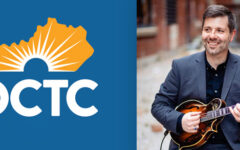
One of the longstanding traditions of artistic and literary publications is friendly – and at times, not-so-friendly – debates about matters that concern practitioners and connoisseurs of the arts. In the hey day of British literary magazines, it was quite common to see published poets and authors arguing with one another in letters to the editor, or with the editors and publishers themselves. Some devolved into acrimony and ill will, but they never made for dull reading.
We see less of this sort of reasoned debate in a modern culture consumed with name calling and virtue signalling, but here is an example occurring within our bluegrass community that should be of interest to anyone who cares about the future of the music.
Earlier this week, No Depression ran an opinion column by Ted Lehmann entitled Bluegrass Goes To College, But Should It? Ted is a well-known person in the bluegrass world, blogging for some time about the music on his own web site, and sharing photos and videos from festivals all over the country. He and his wife, Irene, are staples at bluegrass events, including the annual World Of Bluegrass convention in Raleigh, and have dedicated their lives in retirement to helping promote the music.
Lehmann’s column asks a number of questions, ones that seem to challenge the notion that studying bluegrass in college is an effective way to learn the music, or prepare for a potential career in the field. In some ways, his questions mirror a culture-wide re-examination of the need for all graduating high schoolers to attend university, an interesting twist as Ted’s pre-bluegrass career was teaching literature at the college level.
Here’s a representative passage from his recurring column…
Do the available opportunities represent real choices for students, or are they more effective marketing as colleges seek to recruit adolescents burning with a fever to succeed in music? Does a college degree function to offer more choices or narrow opportunities? Are young people interested in becoming touring musicians better served by going on the road after high school rather than investing huge amounts of capital and/or assuming massive debt for a highly competitive profession with relatively few high earners? Should those wishing to attend college see these music programs as minors or electives more suited for future avocation and semi-professional performance while they pursue majors in other departments more likely to provide skills that open more, and possibly more lucrative, career options? Are the students being fooled into thinking that a degree in bluegrass or traditional music can provide a satisfactory living for most, or even many, of its graduates? These are a few of the questions student musicians planning to major in music performance and production should be asking themselves.
As you might imagine, Ted’s column has raised the ire of a number of bluegrass educators, including the staff at the largest and most comprehensive bluegrass program, the Bluegrass, Old Time and Country Music Studies department at East Tennessee State University. Rather than respond in writing, they created this video as a rebuttal in the form of a discussion among Program Director Dan Boner, Assistant Professor Nate Olson, and Emeritus Professor Jack Tottle, who founded the program at ETSU in 1982.
They have asked us to share their perspective, in which they both defend their program, which they says is the first to offer a four year bachelors degree in bluegrass performance, and the concept of bluegrass in college more generally.
You might be advised to read Ted’s brief essay before watching the response.
Many valuable points raised on all sides. As always, your comments are welcome.







